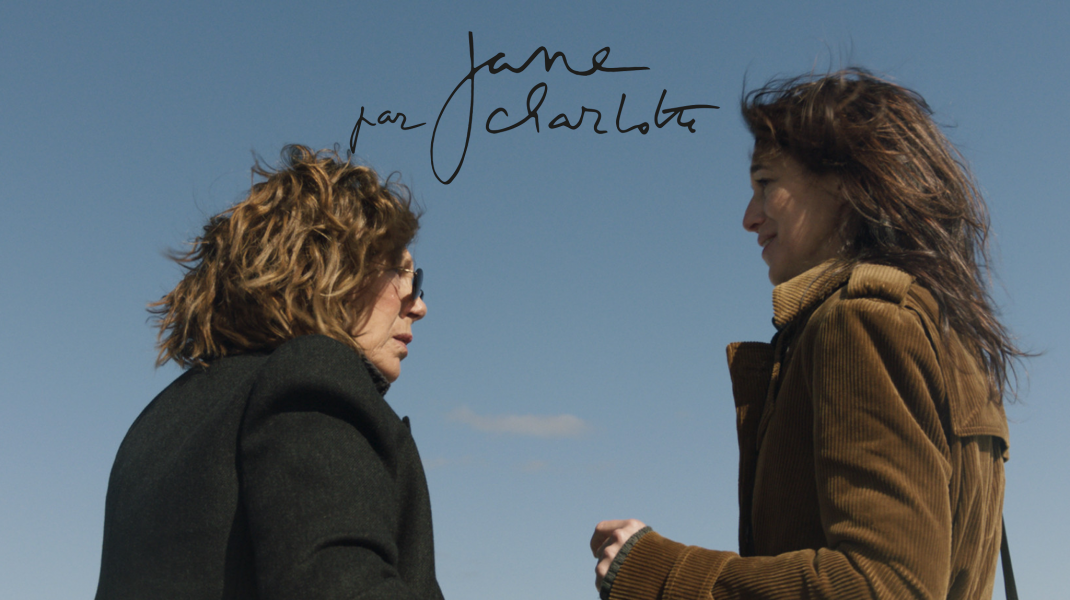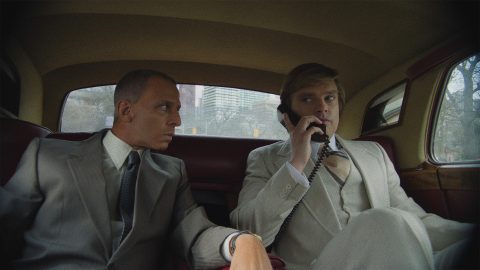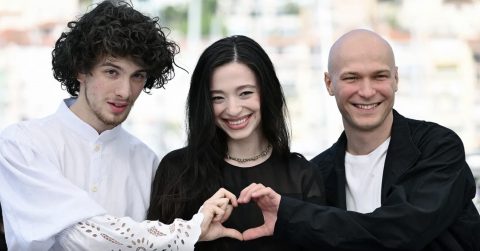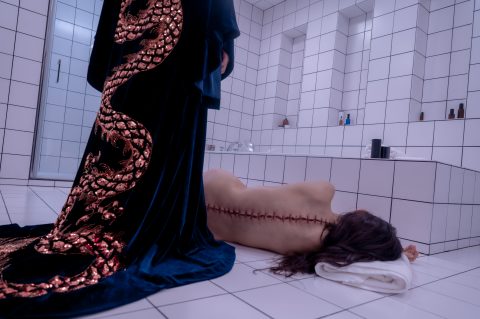French actress and singer Charlotte Gainsbourg reflects on her mother’s memories.
British actress, singer, and style icon Jane Birkin passed away at the age of 76. She was found dead in her Paris apartment yesterday, on July 16, 2023. Her daughter, Charlotte Gainsbourg, managed to film a documentary about her mother, titled “Jane by Charlotte”, offering an intimate glimpse into Birkin’s life as a person, a woman, and a mother two years ago. The film premiered at the 74th International Cannes Film Festival and we had the opportunity to interview Charlotte about her film and mother.
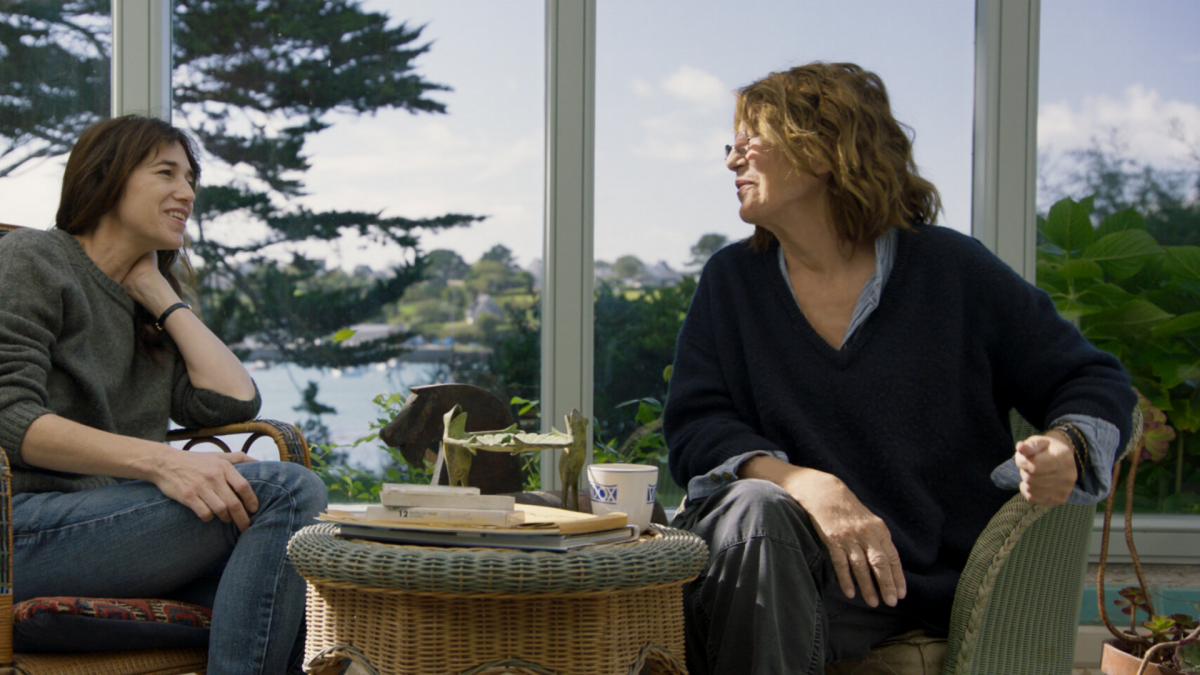
Why did you decide to make a film about your mother?
At first, I didn’t have any plans to make a film about my mother. However, the idea came to me when I realized how rarely we had the chance to spend quality time together. I wanted to create an opportunity to connect with her on a deeper level and gain a better understanding of who she is.
Were you not close before?
(pauses) Let me explain it. We weren’t distant from each other, but we didn’t communicate a lot either. My father (Ed. Famous French singer and songwriter Serge Gainsbourg) always took precedence for me. We wrote music together. I was his only daughter, whereas my mother had other children with different fathers. When Kate was born, my mother had to devote a lot of attention to her, and then there was also the tragedy (Ed. Kate Barry passed away in 2013), which deeply affected her for the rest of her life. My mother changed a lot when Lou was born. From that moment on, her maternal instincts seemed to awaken, and she became more like a caretaker, taking care of the home and cooking. However, by that time, I had already started living an independent life and was heavily involved in acting. As a child, I always wished to have a mother who would fit the conventional norms.
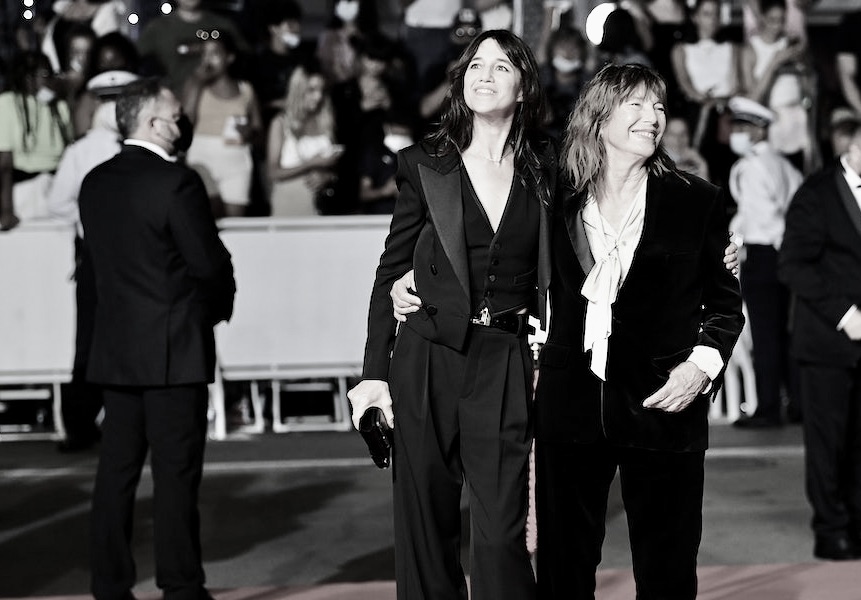
And what about now?
Today, I realize how foolish that was. How could I expect my mother, someone like her, to be like everyone else? During my teenage years, we grew apart. She saw me as withdrawn and even told me that sometimes I seemed like a stranger to her. Deep down, I always wanted to be like her other daughters, to have their outgoing and sociable nature, but I couldn’t display such behavior. Five years ago, it finally felt like the right time to sort out my feelings toward my mother, to try to understand, to spend time with her alone, without sharing her with anyone else. I wanted to examine her closely, to observe every detail, and for that, I needed some form of authorization, which became the process of making this film.
What kind of relationship developed between you during the filming?
From the very beginning, everything didn’t go as planned. At that time, I was living in the United States and rarely saw my mother. I decided to start filming during her performances in Japan. I came to her backstage with a camera, after the show ended, and started asking her questions. She panicked, asked me to turn off the camera, and said that my questions were intrusive. It frustrated me. I didn’t understand what I did wrong. After all, I was asking her about ordinary, mundane things from her life. I was simply asking about them directly. In the end, I turned off the camera and returned to New York. After some time, she came to visit me in America and later asked if I wanted to continue filming. But this time, I was very cautious and tried to behave very carefully.
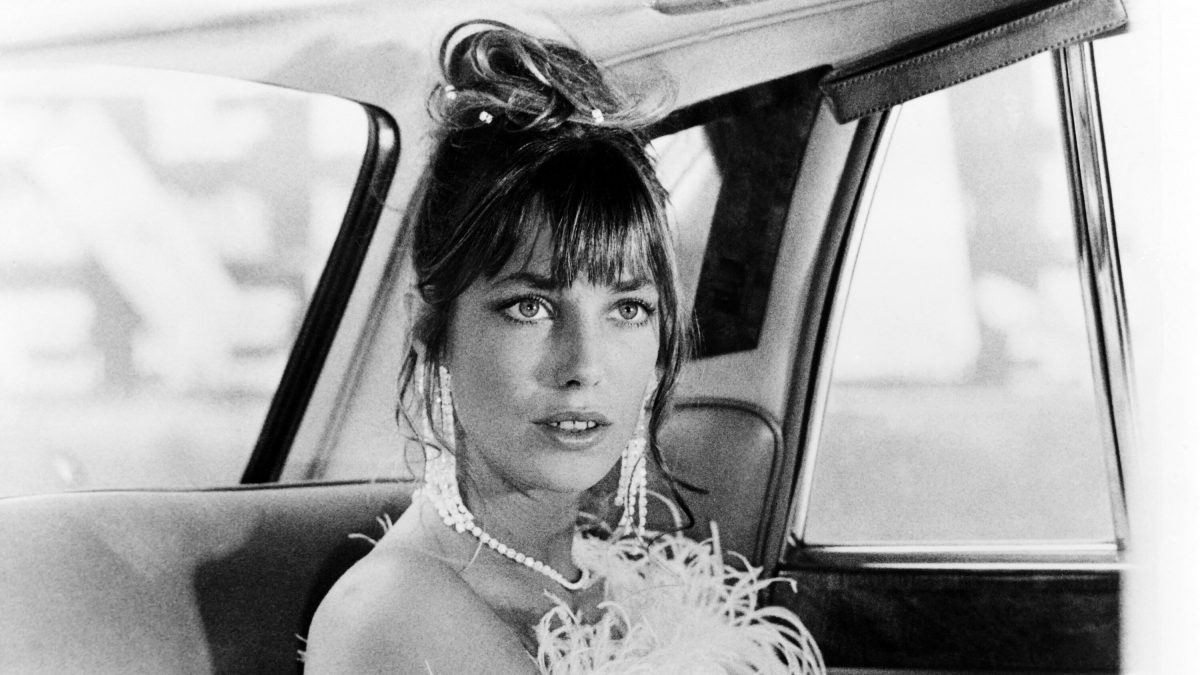
What were you doing in New York?
I moved to America after a personal crisis following the sudden death of my sister. I enjoyed living there. Inspiration visited me, and it was easy to engage in music and creativity. In Europe, many people know me solely because of my parents. I still can’t believe that despite releasing numerous albums and acting in films, my name is often associated first and foremost with my famous parents. In America, nobody cares about that. Celebrity status doesn’t surprise anyone there. Moreover, the majority of people haven’t even heard of Serge Gainsbourg or Jane Birkin. To Americans, I was a singer and an actress. I loved the fast and business-oriented lifestyle, the casual way of dressing without caring about the impression my style made on others. But then, Trump came to power. His voice started echoing frequently on the radio, television, and the internet. It was unbearable. Many Americans’ views and way of life changed as well. And then the quarantine began. I found myself cut off from my husband and family. The forced isolation triggered fear, and I longed for Europe. I started experiencing depression.
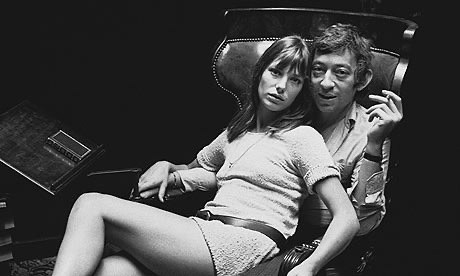
Was it during that time when your mother came into the picture?
Yes, that’s exactly when she was able to come to New York. You know, my mother, she never really knew what to do with children in everyday life when everything was fine, but her motherhood instantly awakened if she felt her children were in danger. I think she would have made an excellent sister of mercy. She immediately came to me and took me to her home in Brittany. It was there that we decided to continue our collaboration on the film. The result was a lyrical diary filled with revelations and memories. Mom talks about her fears, the sense of guilt that intensified, especially after we lost Kate. She even reminisces about her first marriage to John Barry and, of course, about my father.
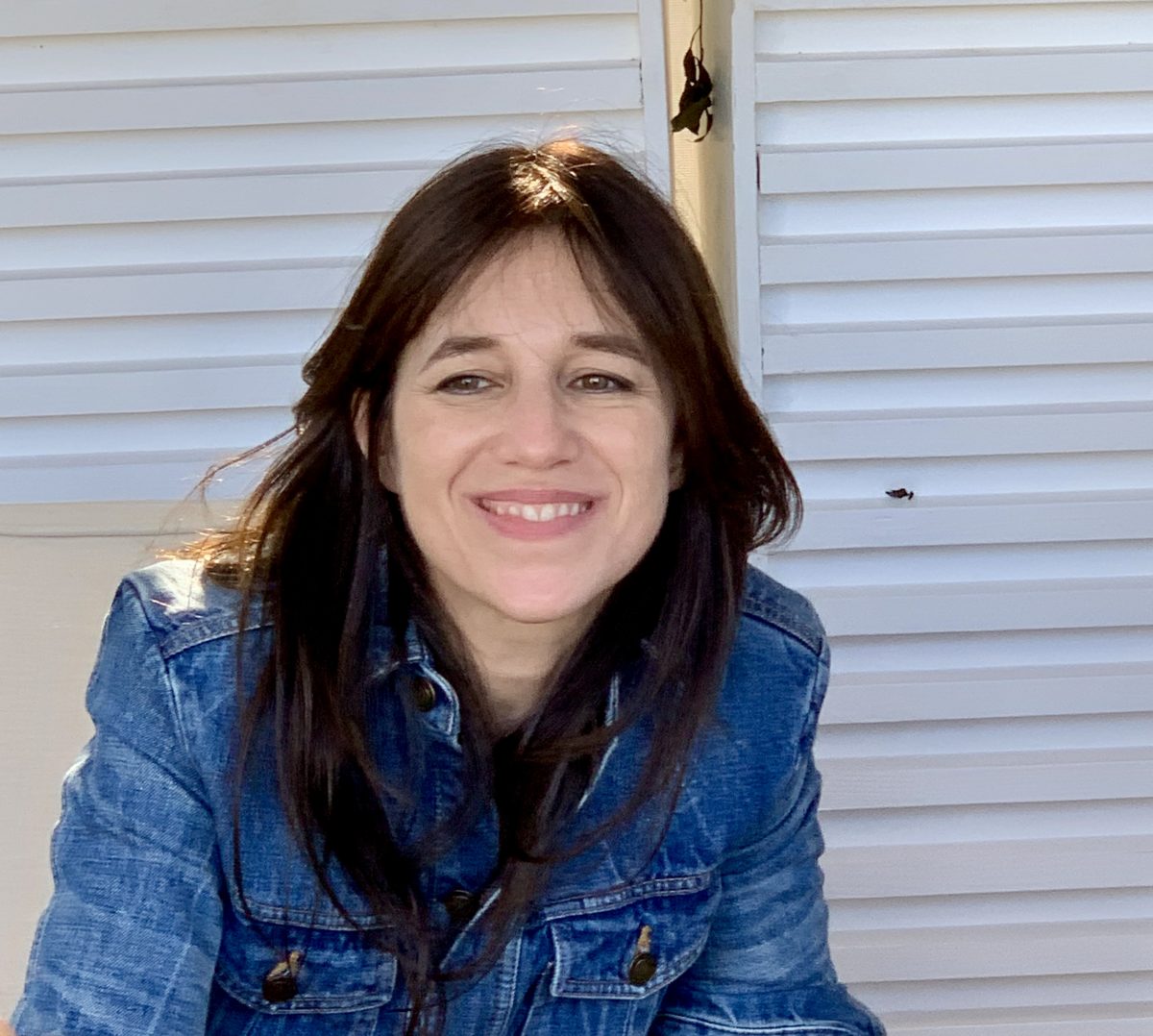
Which of these memories became a particularly revealing revelation for you?
I was very surprised to learn that all these years she had been dreaming of returning to my father’s house on Rue Verneuil. Today, that house has been turned into his museum. She wanted to immerse herself in the familiar surroundings again, but out of tact towards me, she never dared to ask me about it. She knew how deeply I felt about my father and that I had a very intimate relationship with that house, which I didn’t want to share with anyone else. Of course, if she had asked me to visit my father’s house earlier, I would not have refused her, even though it’s difficult for me to go there each time, as it feels like I’m reliving events from thirty years ago.
